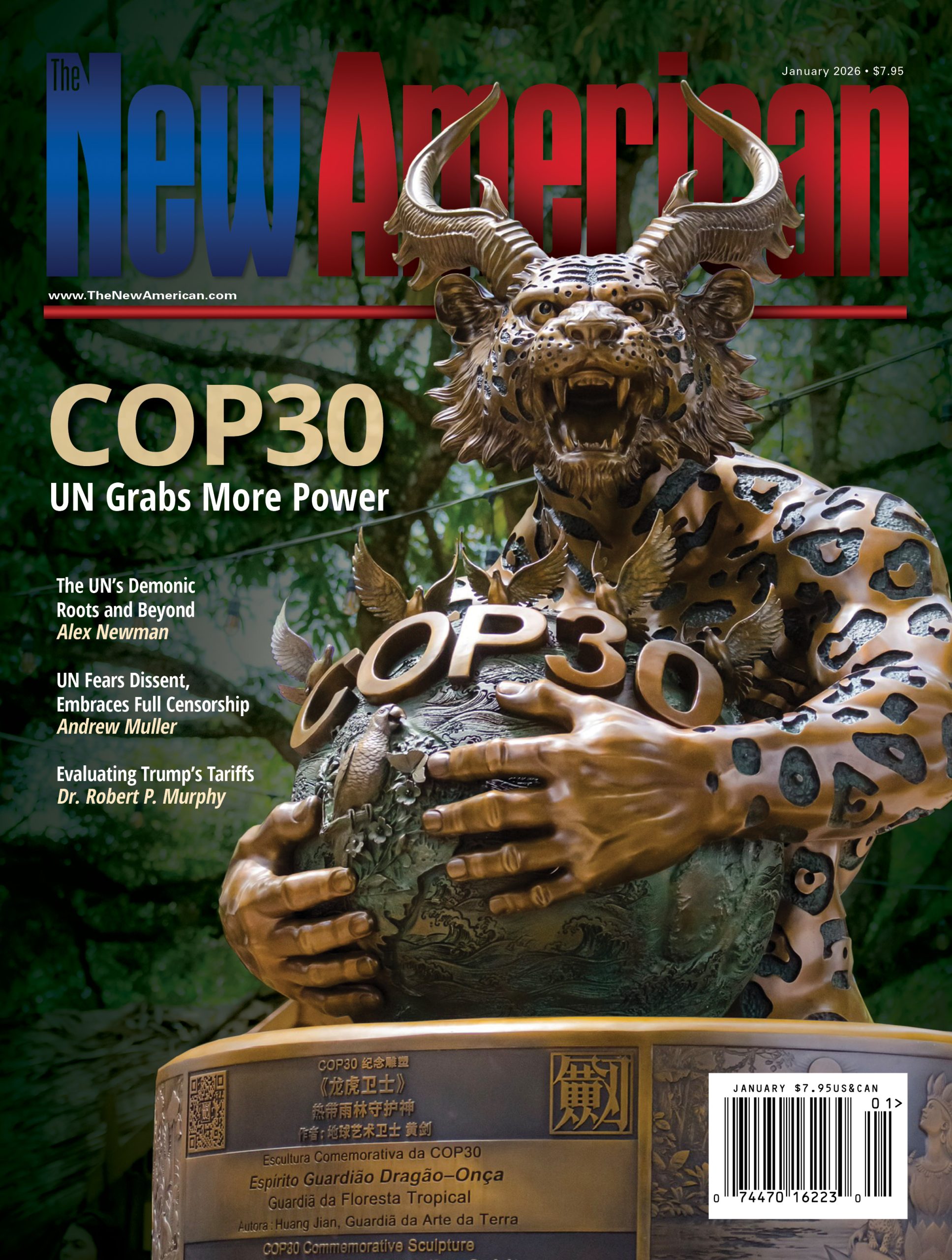Podcast: Play in new window | Download
To understand what authority delegates had at the 1787 Convention, we must first understand what a convention is and its broad powers.
A convention is not a legislature. A legislature is a body comprised of lawmakers who operate within the boundaries of “established” government, as defined by their constitution. A legislature can only operate within the confines defined by that authority.
A convention on the other hand is different. It is an assembly of delegates operating with sovereign power. Sovereignty is defined as “dominant power or supreme authority”. Delegates thus operate as sovereign representatives of the People with unlimited and unrestrained power to alter, abolish or establish government. This is the self-evident and transcendent right of the People they represent. While lawmakers make laws under government, Delegates make or alter governments.
We exercised this right in 1776 when we declared independence from British rule. We also exercised this right in 1787 to establish a new government by an assembly of “delegates” meeting as a convention. Even though delegates at the 1787 Convention received specific instructions from the congress and similar instructions from the states to ONLY amend the Articles of Confederation, delegates were NOT– as a matter of principle – subject to them. This standard applies even today because the convention method is in fact a general convention of delegates representing the sovereign will of the People, NOT A CONVENTION OF STATES comprised of commissioners sent and controlled by states.
The preamble of the Declaration of Independence expressly declares that “…Governments are instituted among Men, deriving their just powers from the consent of the governed…” It also declares that “…it is their right, it is their duty, to throw off such government, and to provide new guards for their future security…”. Further toward the end, “…appealing to the Supreme Judge of the world …, do, in the name and by the authority of the good people of these colonies solemnly publish and declare, That these United Colonies are, and of right ought to be, FREE AND INDEPENDENT STATES”. So, we see the self-evident right of the People to exercise sovereign power under God declared and exercised here.
Mr. Livingston, a delegate at the New York Convention of 1821, which was a constitutional convention to amend the New York state constitution at the time, put it this way regarding the sovereignty of the people, “We have been told by the honorable gentleman from Albany (Mr. Van Vechten) that we were not sent here to deprive any portion of the community of their vested rights. Sir, the People are here themselves. They are present by their delegates. No restrictions limit our proceedings.”
Benjamin Butler, a delegate at the 1853 Massachusetts Convention (another constitutional convention to amend their state constitution at that time) said this, “Sir, we are the delegates of the people, chosen to act in their stead. We have the same power and the same right, within the scope of the business assigned to us, that they would have, were they all convened in this hall.”
It was James Madison, a delegate at the federal Convention of 1787, who in Federalist 40 invoked this “transcendent and precious right of the people to ‘abolish or alter their governments as to them shall seem most likely to effect their safety and happiness’,” as justification for creating a new government. So, we see that the authority went beyond legislative and was instead based on a higher authority… “sovereignty”. Not only did the delegates act then upon this foundation to create an entirely new government, delegates can still do so today at an Article V Convention.
Learn more about Article V and the amendment process by visiting JBS.org.


